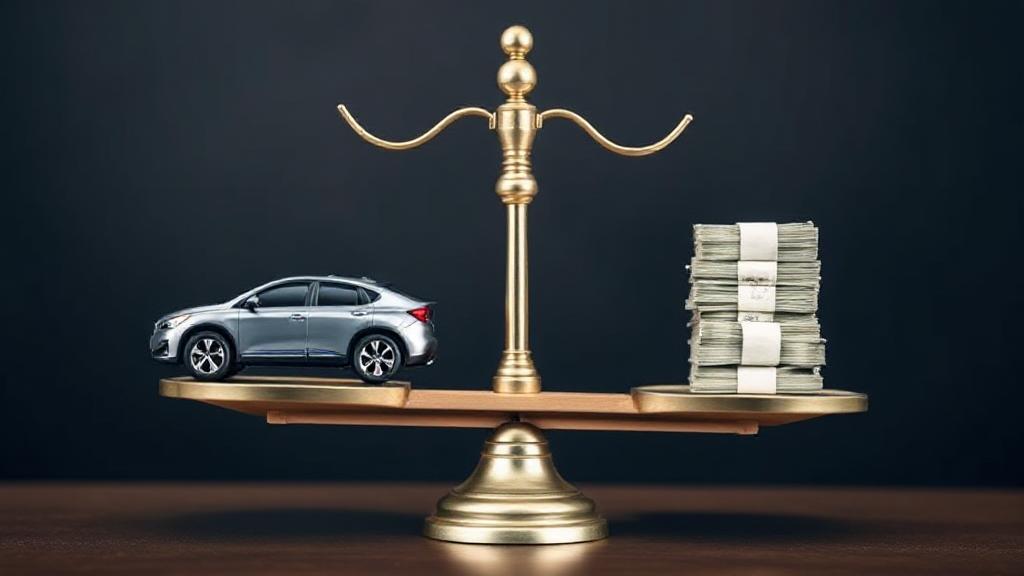Understanding Manufacturer Buyback Vehicles
When considering purchasing a vehicle, you might come across the term manufacturer buyback. These vehicles, often referred to as "lemon law buybacks," are cars that have been repurchased by the manufacturer due to defects or issues that couldn't be resolved after multiple repair attempts. These vehicles are often repurchased under state lemon laws, which protect consumers from defective vehicles.
Pros of Buying a Manufacturer Buyback Vehicle
Significant Cost Savings
- Typically priced 20-40% below market value
- Same features and options as non-buyback vehicles
- Often low mileage due to early buyback
Warranty Coverage
Many manufacturer buyback vehicles come with warranty coverage. This is because manufacturers want to reassure potential buyers that the issues have been resolved. It's important to verify the specifics of the warranty, as it can vary by manufacturer.
Thorough Documentation and Repairs
- Detailed repair history available
- Clear documentation of issues and fixes
- Factory-authorized repairs
- Additional quality control checks
- Comprehensive inspections before resale
Disclosure Requirements
In many states, there are strict disclosure requirements for manufacturer buyback vehicles. This transparency helps buyers make informed decisions about their purchase.
Cons of Buying a Manufacturer Buyback Vehicle
Stigma and Resale Value
The "buyback" or "lemon" designation stays with the vehicle permanently, affecting:
- Future resale value
- Potential buyer interest
- Vehicle history reports
Potential for Recurring Issues
"Even after extensive repairs, there's no guarantee that all problems have been completely resolved." - Consumer Reports
Despite repairs, the root cause of the initial problem may not have been fully addressed, or new issues could arise.
Title Branding and Documentation
Limited Availability and Information
Manufacturer buyback vehicles are not as common as other used cars, which means there may be limited options available. Additionally, the full history of the vehicle may not always be fully disclosed.
Financial Considerations
| Consideration | Impact |
|---|---|
| Purchase Price | 20-40% below market |
| Insurance | Potentially higher rates |
| Resale Value | Significantly reduced |
| Maintenance | May require more attention |
Making an Informed Decision
Before purchasing a manufacturer buyback vehicle, consider these steps:
- Research the specific make and model's reliability ratings on sites like J.D. Power
- Use resources like Carfax or AutoCheck to obtain a detailed history report
- Get a pre-purchase inspection from a certified mechanic
- Review all documentation thoroughly
- Understand your state's lemon laws and disclosure requirements through the National Consumer Law Center
- Consider additional warranty coverage
- Negotiate based on the vehicle's history
Remember that while manufacturer buybacks can offer substantial savings, they require careful consideration and thorough research. The decision ultimately depends on your risk tolerance, budget constraints, and long-term vehicle ownership plans.
